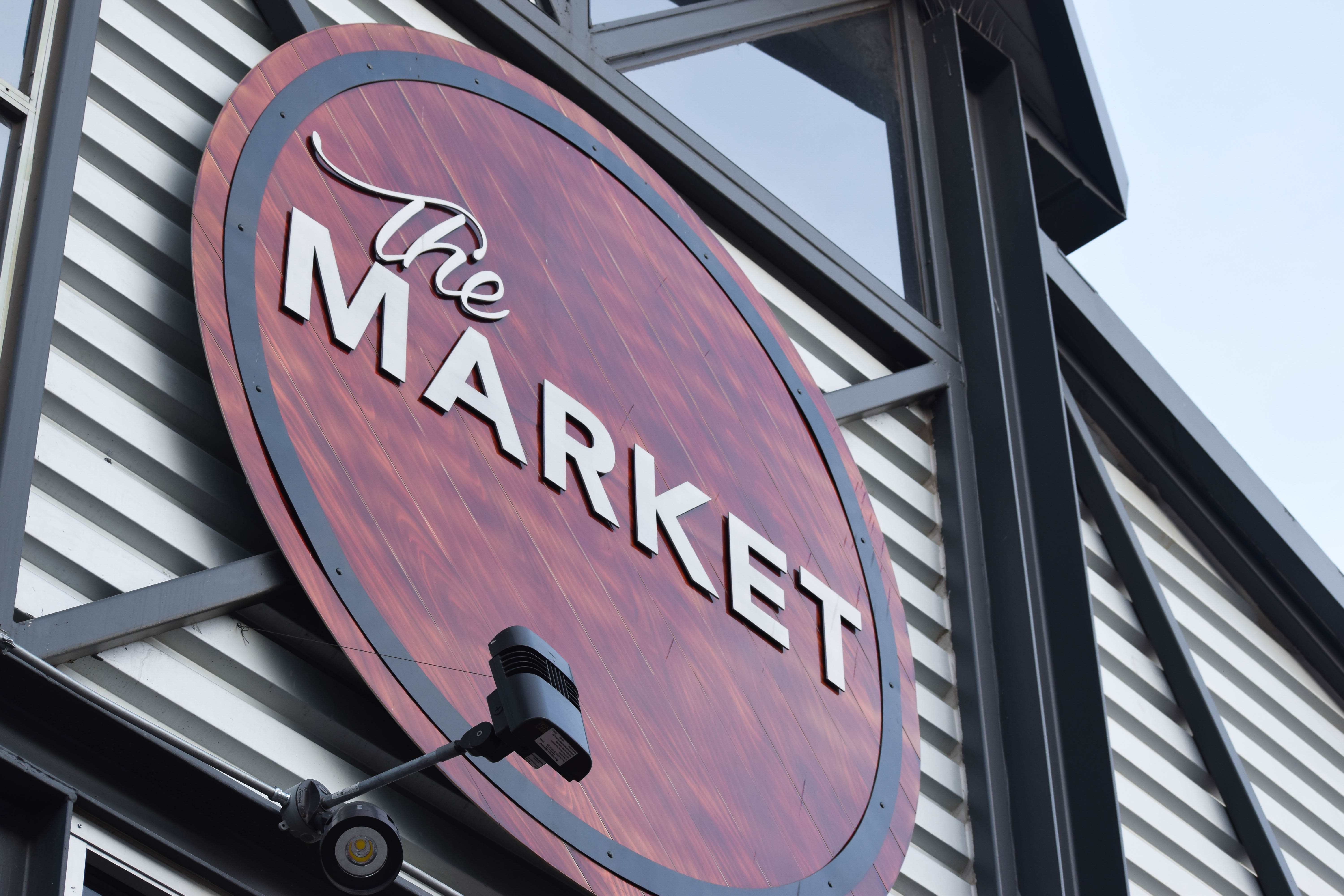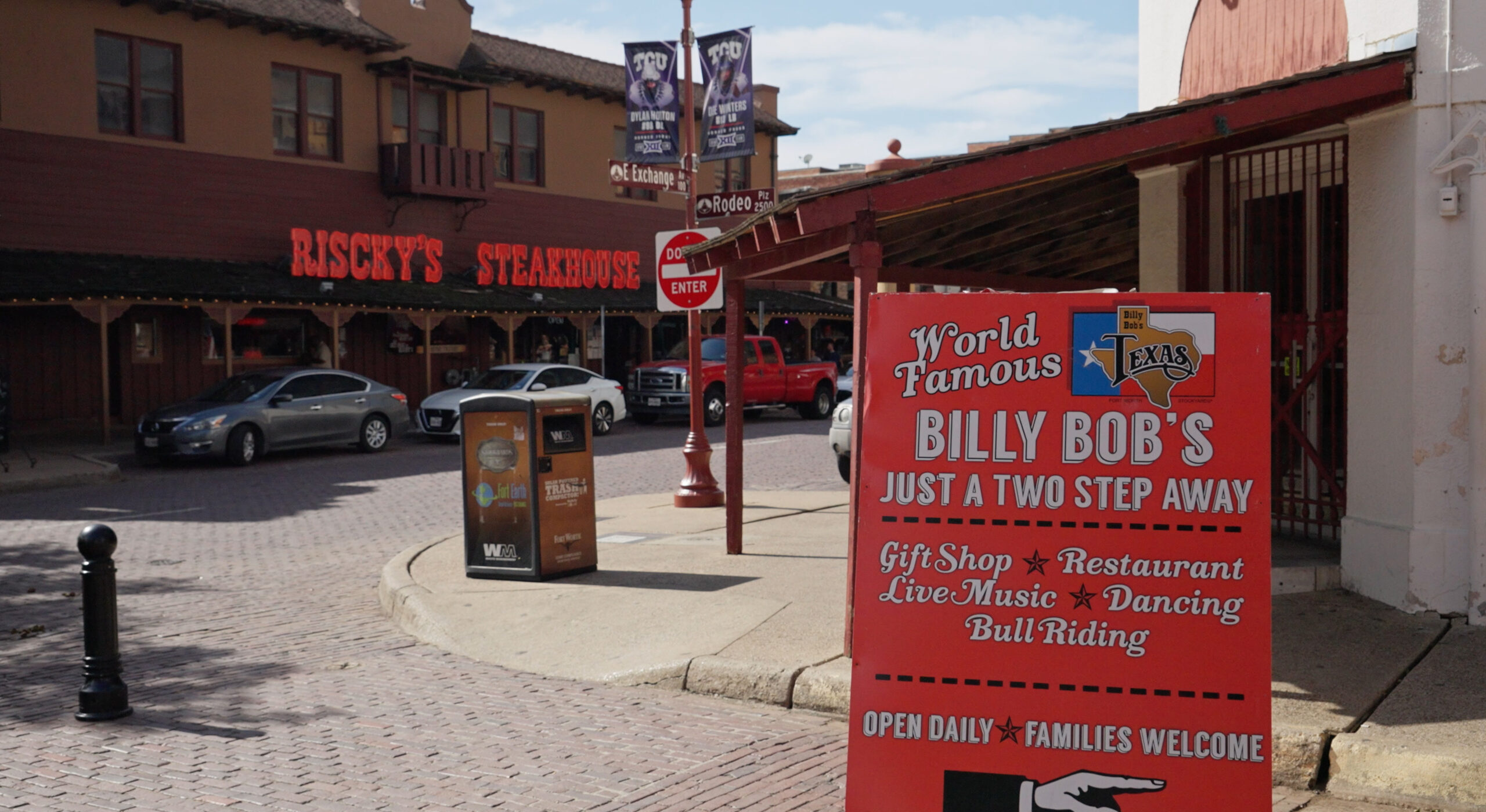February Events
February in DFW: Kicking Off the New Year with Vibrant Events
The Dallas Region is buzzing with energy as we step into the new year. From cultural celebrations and industry conferences to community gatherings and entertainment showcases, the month offers a dynamic lineup of events that highlight the diversity, innovation, and spirit of North Texas. Whether you’re a local exploring your city or a visitor discovering all that DFW has to offer, there’s no shortage of activities to keep your calendar full. So grab your planner, and let’s dive into what’s happening this month!
Featured Events
This year is not only 2025 but also the Year of the Snake! Lunar New Year was January 29th, meaning that various cultures from East and Southeast Asia will gather with family and friends and celebrate. Here are a few events from around DFW:
- Asia Times Square Lunar New Year 2025- Grand Prairie: Held every weekend between January 17 and February 2, make sure to bring cash and an empty stomach to check out vendors serving delicious food. There will also be a variety of performances, including K-pop cover dances and lion dances every 2 hours!
- Grandscape Lunar New Year Festival: Year of the Snake- The Colony: Don’t miss out on the Lunar New Year event at Grandscape on February 1 from 6 – 9 PM! There will be stage performances such as traditional Chinese dance and kpop dances as well as food and drinks for purchase.
- Southlake Spring Festival 2025- Southlake: On February 1, from 11 AM to 4 PM, Southlake Town Square will have performances from different parts of Asia, such as Mongolian Dance, Sichuan Opera Face Changing, Bollywood Dance, and much more!
- DFW China Town Lunar New Year 2025- Richardson: Head to Richardson on Saturday, February 8th from 11 AM – 3 PM for many cultural performances from lion dances to jiu-jitsu demonstrations to diabolo!
- Frisco Lunar New Year Market Festival- Frisco: Head to Simpson Plaza on Saturday, February 8 from 3 – 8 PM, if you are looking to engage with different cultures while also making a difference in the community! In addition to a fashion show, red envelopes, and performances, the Frisco Education Foundation will be benefiting from this event as well.
- 2025 Asian Lunar New Year Festival- Richardson: If you are looking for a variety of cultural performances, UTD’s Lunar New Year Art Festival is the place to go! Taking place February 8 from 7 – 9 PM, there will be instrumental performances, ballet, Bollywood dances, and more!
GAME DAY GUIDE
Sports fans in the Dallas Region have a lot to cheer about.
EVENTS IN THE REGION



MUST SEE EXHIBITS



LIGHTS, CAMERA, ACTION




